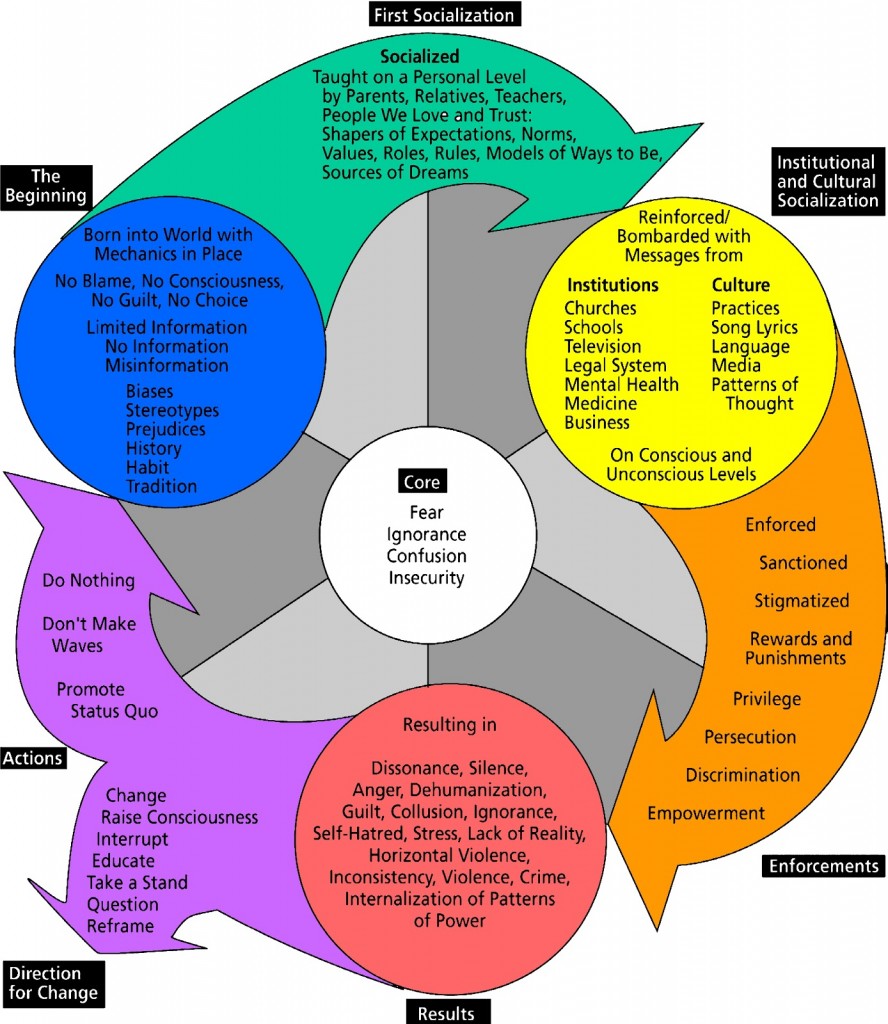The Different Parts Of Me
We are a product of our environment. Wether we accept our environment or reject and counter our environment is a decision we must make. This is how identities are formed. Though the phrase “wears many hats” is usually aimed towards someone who has different roles and or completes different tasks, I’d like to use that phrase to describe our identity and the identities that form them. Though the card I carry in my wallet is referred to as my identification card, in actuality it says very little to nothing about me. Though, for practical purposes such as identifying my physical appearance and confirming my residence it does a good job. While it identifies me as a male and from physical appearance a Latino it does not identify the multiple identities that make up my identity. It, for example, does not identify me as a student, sports fan, binge reader, politics enthusiast, or an atheist. Though all of these listed identities are products of the cycle of socialization, I’d like to mainly focus on the identity of being an atheist.
As mentioned earlier we have a choice to be a product of our environment or reject it and become a different product and in my example I reject my environment. In the first stage of socialization I became socialized through my parents and family to believe in a higher power and attend mass on Sundays. Being told this by an authoritative figured I accepted it and didn’t question it. This was enforced in the second stage of socialization known as institution and cultural socialization. My family attended church and everyone else I seemed to know belonged to some sort of religious denomination. However the inconsistency of the things I was being taught resulted in change and caused me to become an atheist.

